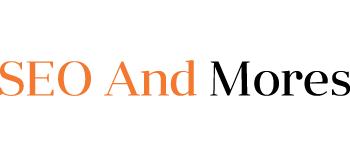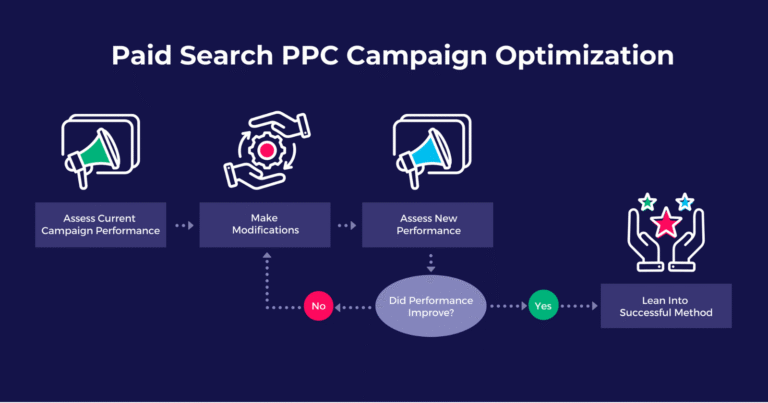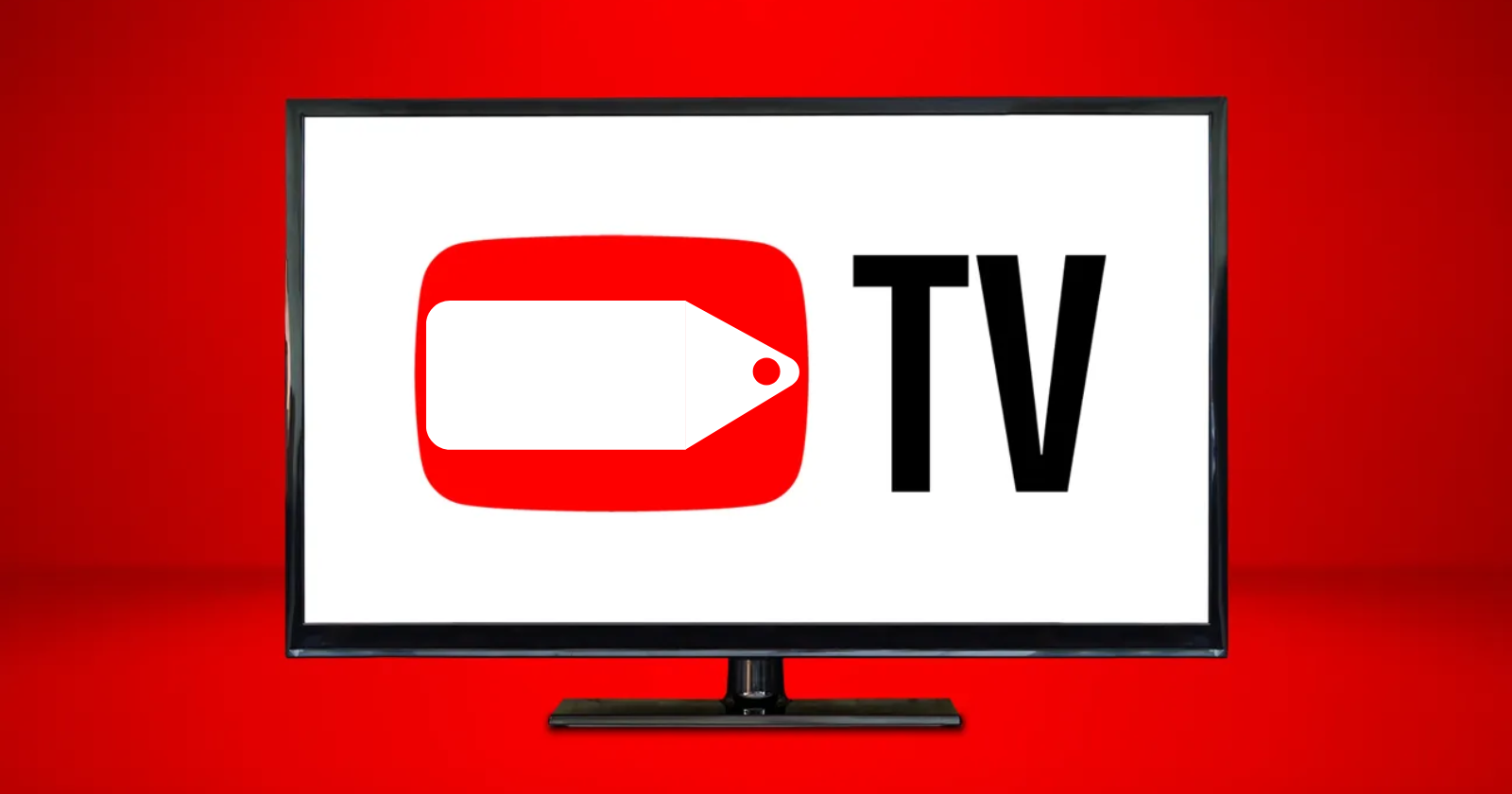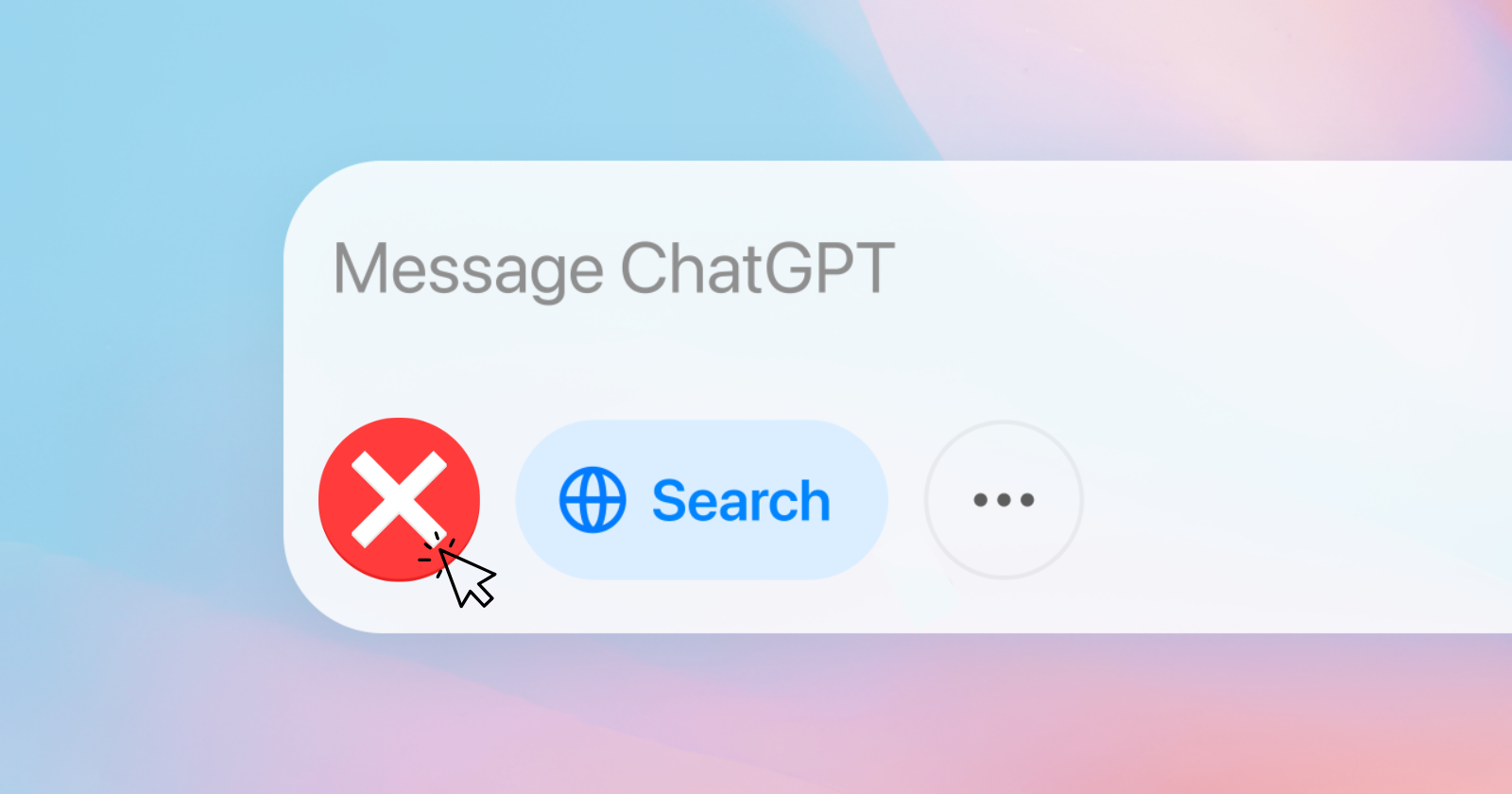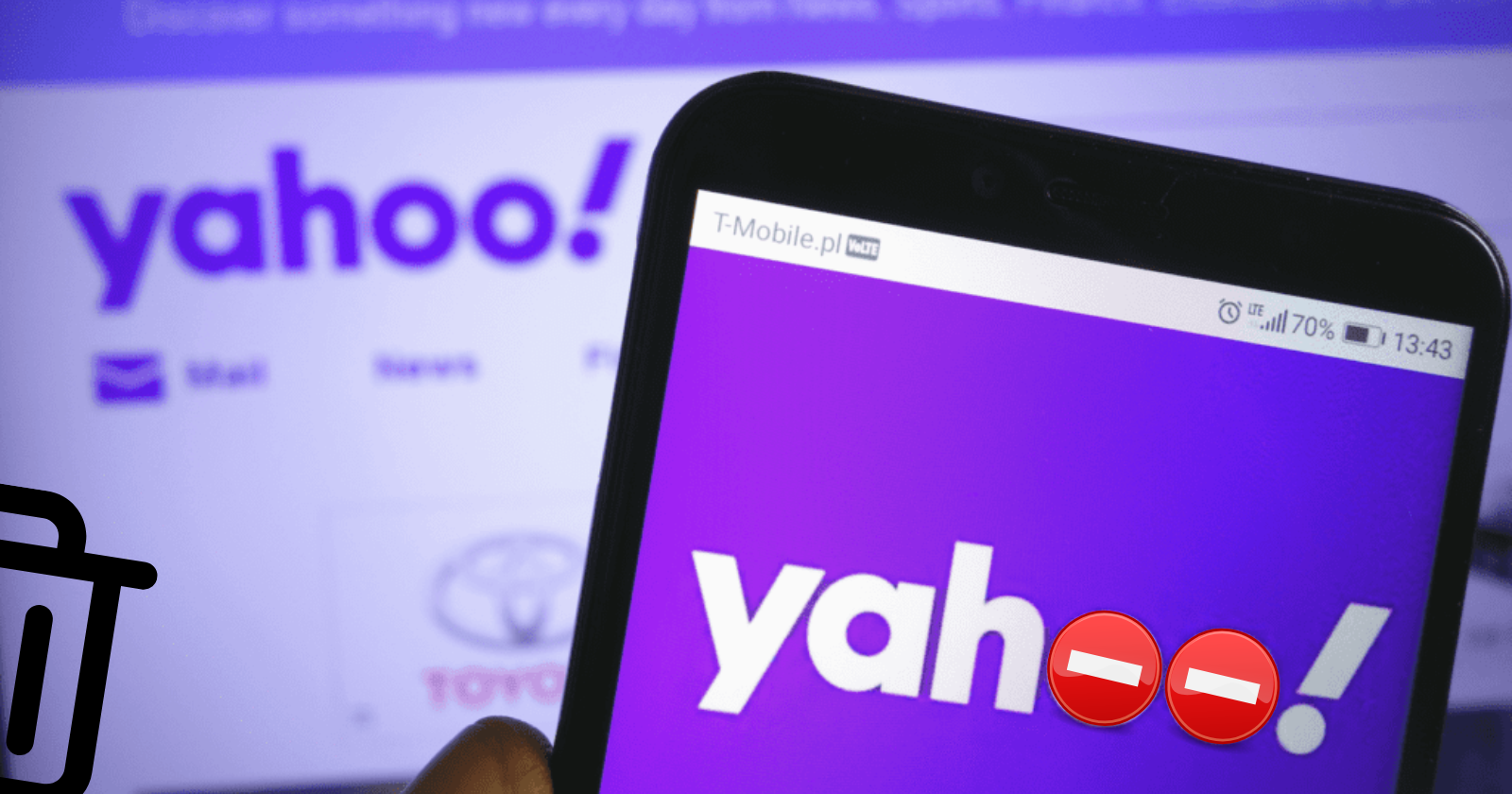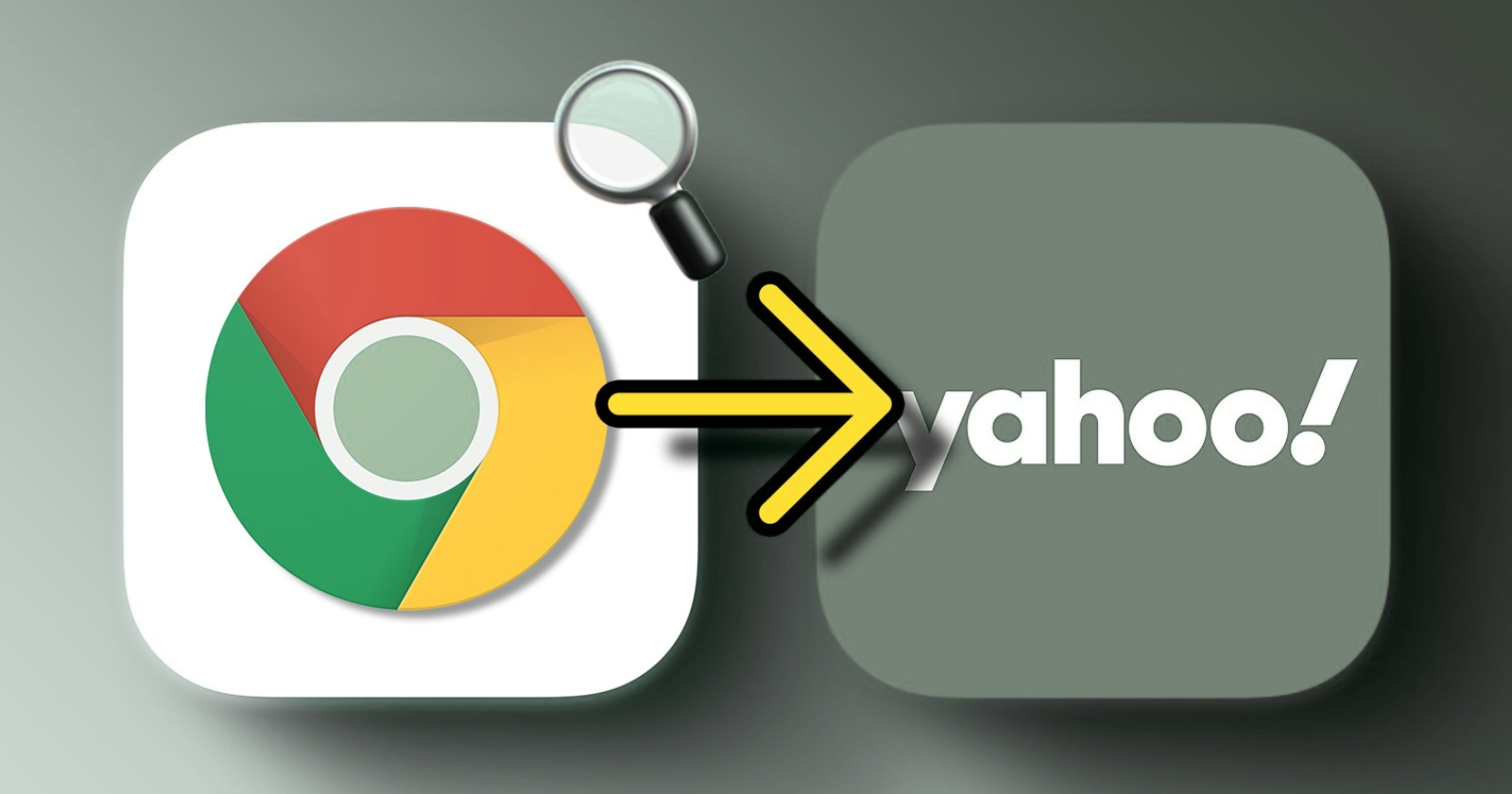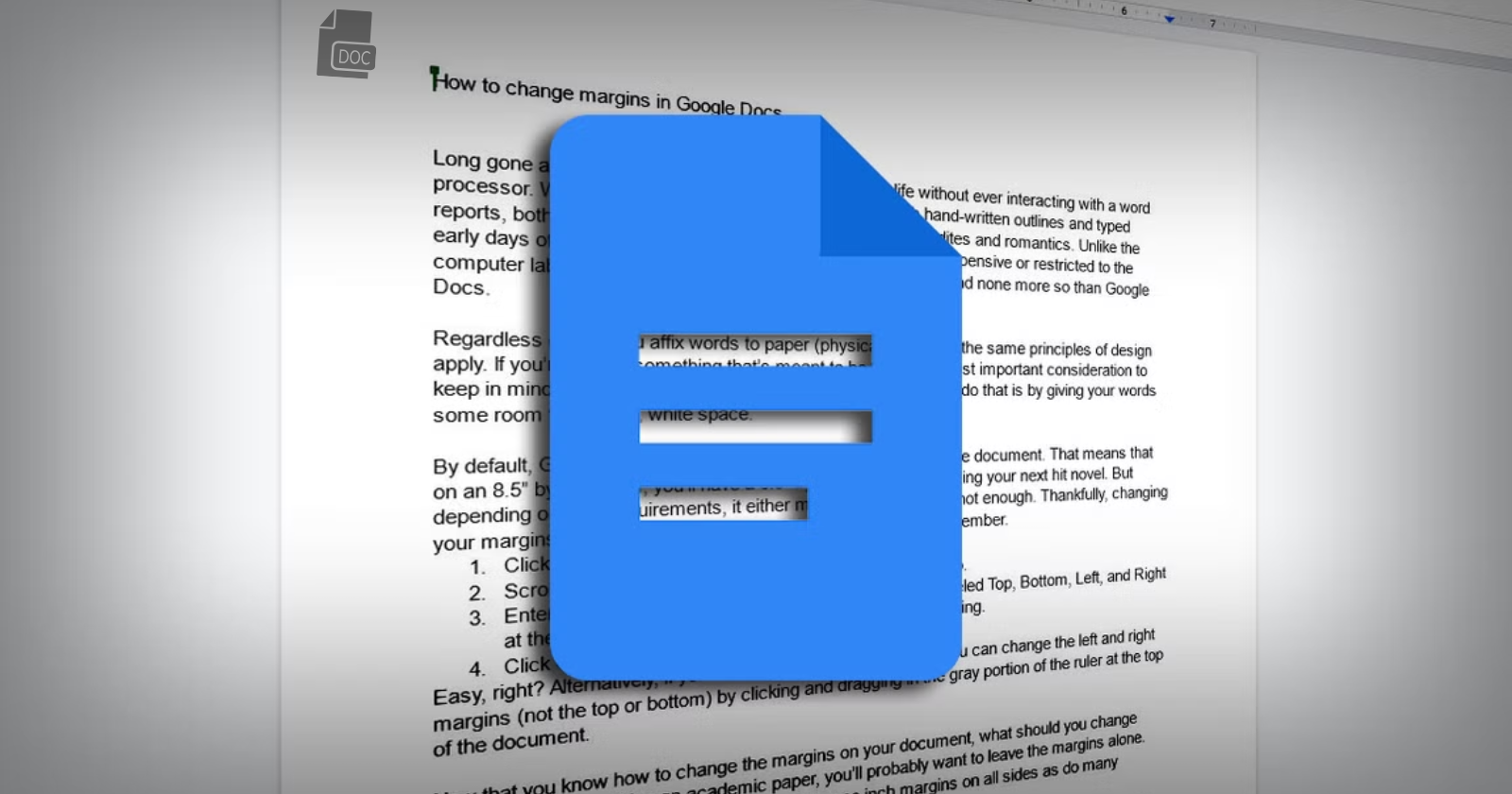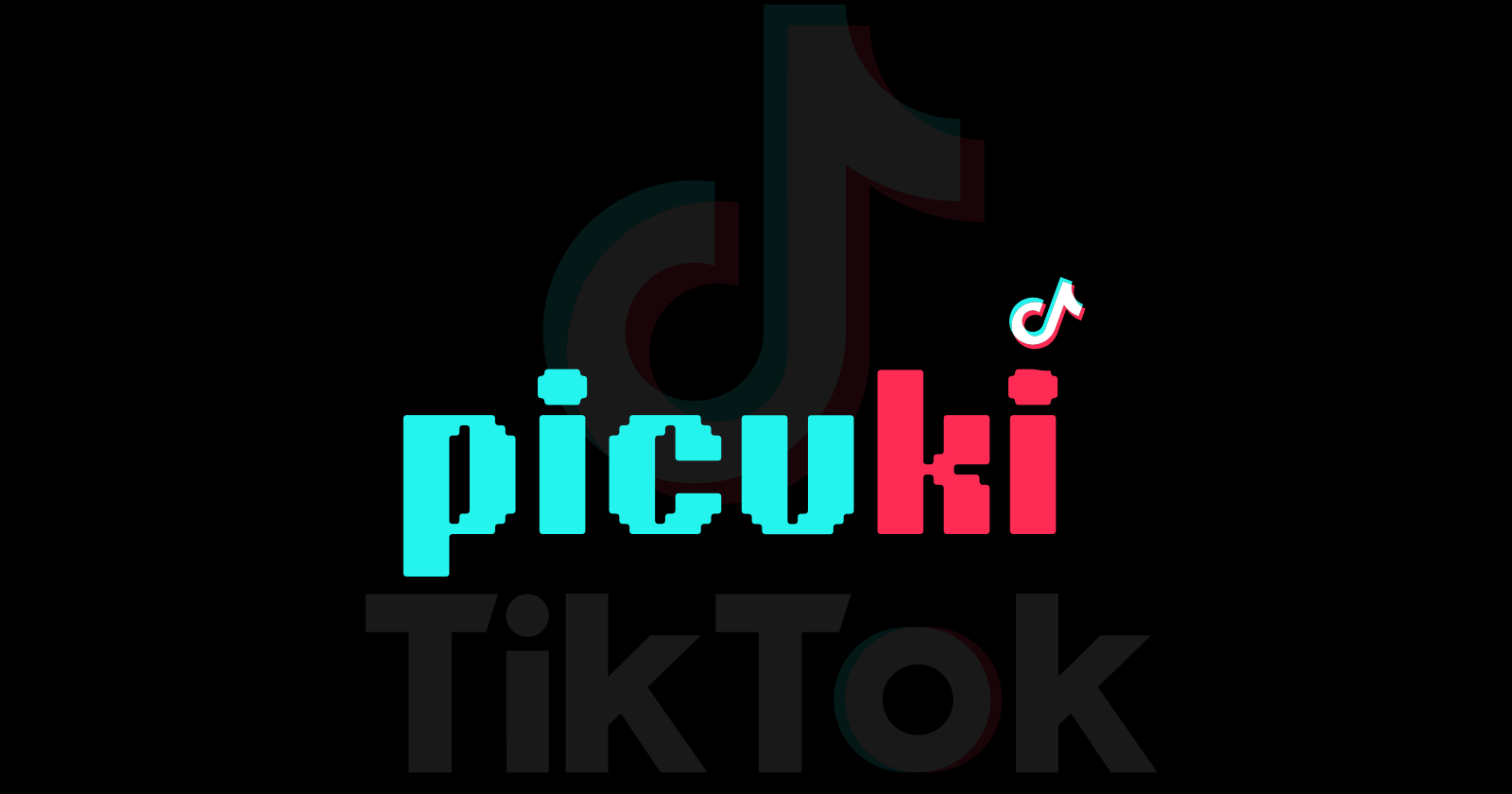In today’s digital landscape, advertising plays a major role in helping businesses grow online. PPC (Pay-Per-Click) advertising is one of the most effective ways to bring instant traffic to your website. But simply launching an ad campaign isn’t enough — if you want real results, you need to optimize your PPC campaigns.
PPC optimization means refining your ads to get more value out of every click. It can lead to better visibility, more conversions, and lower costs. In this guide, we’ll explore what Pay Per Click optimization is, why it’s important, and how you can apply it to improve your online advertising strategy.
What is PPC Optimization?
PPC optimization is the process of analyzing and improving your pay-per-click campaigns to make them more efficient. It involves fine-tuning ad copy, keywords, targeting, landing pages, and bidding strategies to get better results from the same budget.
When done correctly, PPC optimization can help you:
- Get more clicks for your money
- Improve ad quality and relevance
- Drive better traffic to your website
- Increase sales or leads
Whether you’re running ads on Google Ads, Bing, or social media platforms, optimization is key to success.
Why PPC Optimization Matters
Running ads without optimizing them is like running a car without maintaining it. You’ll spend more and get less in return. Here are a few reasons why optimization should be part of your regular advertising routine:
1. Better ROI (Return on Investment)
By removing underperforming ads or keywords and focusing on what works, you get more value from your ad spend.
2. Lower Cost Per Click
When your ads are relevant and high-quality, platforms like Google reward you with lower CPCs and better placements.
3. Higher Conversion Rates
Optimized landing pages and clear ad messaging help convert more visitors into customers.
4. Improved Quality Score
Google assigns a Quality Score to your ads based on relevance and performance. A higher score leads to better ad placement and lower costs.
5. Staying Competitive
The digital market is competitive. Businesses that continuously optimize stay ahead of the competition.
Key Elements of PPC Optimization
Let’s take a closer look at the areas you should focus on when optimizing your PPC campaigns.
1. Keyword Management
Keywords are the foundation of PPC. Choosing the right keywords and managing them properly ensures your ads reach the right audience.
Tips:
- Use long-tail keywords for more targeted traffic.
- Regularly remove irrelevant or low-performing keywords.
- Add negative keywords to avoid wasting budget on unrelated searches.
- Use keyword tools like Google Keyword Planner or SEMrush.
2. Ad Copy Refinement
Your ad copy needs to grab attention and encourage users to click.
Tips:
- Make your headline clear and compelling.
- Highlight your unique offers (e.g., free shipping, discounts).
- Include relevant keywords in your ad text.
- Use a strong call-to-action (e.g., “Buy Now”, “Learn More”).
- A/B test different versions of your ads to see what works best.
3. Landing Page Optimization
The landing page is where the user goes after clicking your ad. If it’s not optimized, even the best ad won’t convert.
Tips:
- Make sure the landing page is relevant to the ad.
- Keep the design clean and mobile-friendly.
- Use fast-loading pages to reduce bounce rates.
- Include a clear CTA (Call to Action) like “Sign Up” or “Contact Us”.
- Add trust signals like testimonials or guarantees.
4. Targeting Adjustments
Targeting the right audience ensures that your ads reach people who are likely to engage or convert.
Tips:
- Analyze performance by location, device, age, and interests.
- Adjust bids based on demographics and locations that perform best.
- Exclude non-performing areas or audiences.
5. Use of Ad Extensions
Ad extensions give more information about your business and can increase click-through rates.
Popular extensions include:
- Sitelink Extensions: Link to other important pages on your site.
- Call Extensions: Add a phone number so users can call directly.
- Location Extensions: Show your business address and map.
- Callout Extensions: Highlight selling points like “24/7 Support” or “No Hidden Fees”.
6. Budget and Bidding Strategies
Optimizing your budget and bidding approach helps control costs while maximizing exposure.
Tips:
- Use automated bidding (e.g., Target CPA or Maximize Conversions) to save time.
- Monitor your daily spend and adjust based on performance.
- Allocate more budget to high-performing campaigns or ad groups.
Tools for PPC Optimization
Using the right tools makes optimization easier and more accurate. Here are some commonly used platforms:
- Google Ads Dashboard – for managing and analyzing campaigns
- Google Analytics – for tracking website behavior and conversions
- SEMRush / Ahrefs – for keyword research and competitor insights
- Hotjar / Microsoft Clarity – for understanding how users interact with your site
PPC Optimization Best Practices
Here are a few more helpful tips to keep your campaigns running smoothly:
- Review performance weekly: Don’t set and forget your ads.
- Use conversion tracking: Know which clicks are turning into leads or sales.
- Avoid sending traffic to your homepage: Create specific landing pages for each ad group.
- Test, test, test: Try different versions of your ads, keywords, and landing pages to see what performs best.
- Update regularly: Markets and user behavior change. Stay updated with trends and platform changes.
Common Mistakes to Avoid
Even experienced advertisers make mistakes. Here are a few you should watch out for:
- Targeting broad or generic keywords
- Ignoring Quality Score and ad relevance
- Using one landing page for all ads
- Not tracking conversions properly
- Leaving poor-performing ads running too long
Fixing these can lead to major improvements in campaign results.
Conclusion
PPC optimization also called paid search optimization is not just for advanced marketers — it’s something every advertiser should practice. With the right approach, even a small budget can go a long way. By consistently refining your keywords, ads, targeting, and landing pages, you can improve your campaign’s performance, reduce your costs, and increase your return on investment.
Whether you’re running Google Ads, Facebook Ads, or Bing campaigns, keep learning, testing, and improving. The more you optimize, the better your results will be.
Frequently Asked Questions
Q: How often should I optimize my PPC campaigns?
A: Ideally, review your campaigns weekly and make updates based on performance data.
Q: Can I optimize PPC on a small budget?
A: Yes, even a small budget can perform well with the right strategy and keyword targeting.
Q: Is PPC optimization a one-time task?
A: No, it’s an ongoing process. Regular updates are necessary to maintain good performance.
